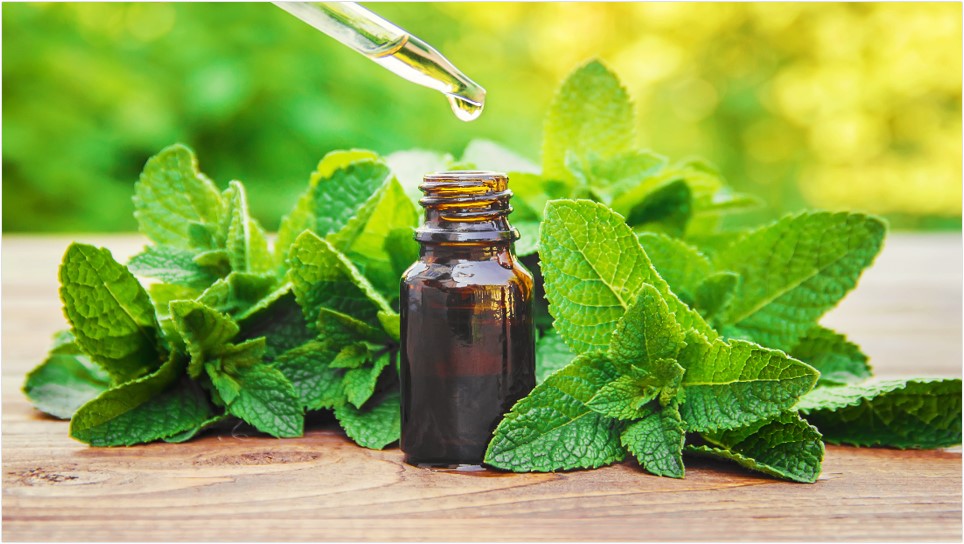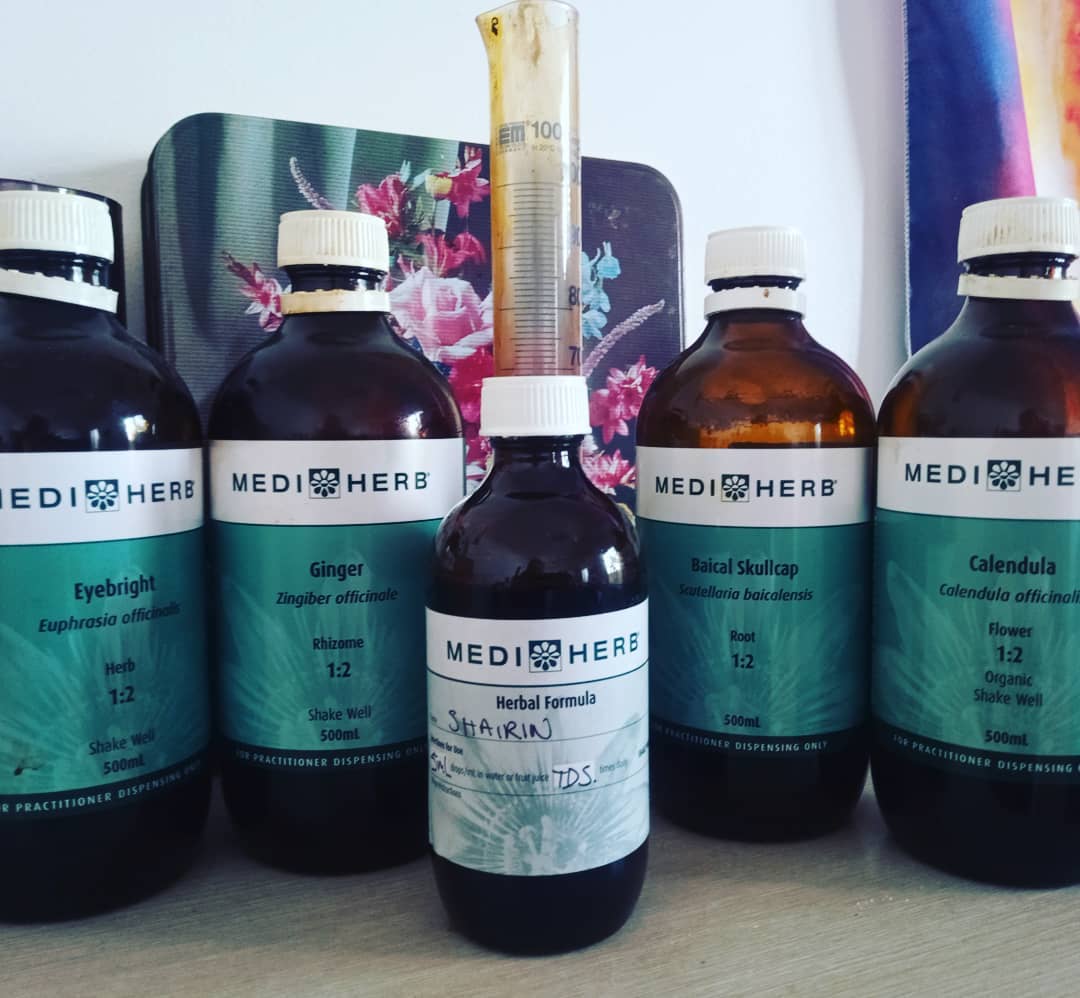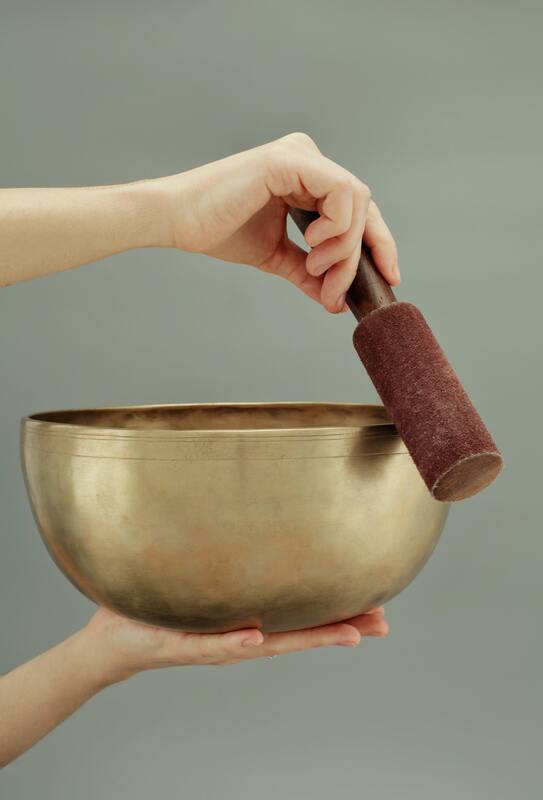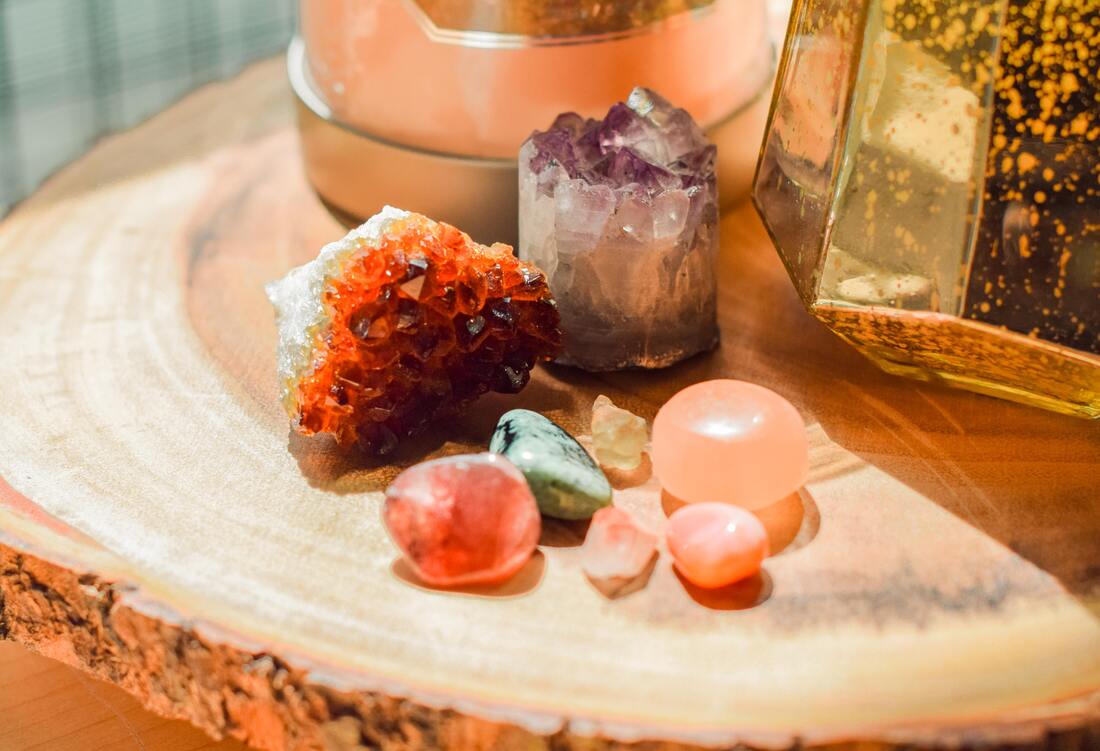|
Origin: Egypt, Europe, Western Asia and Eastern Mediterranean.
Description: Family : Umbelliferae.Hardy annual, umbells of pinky - white flowers and feathery green leaves. Various chemotypes are found according to geographical location of same species. Plant Parts Used: Seeds, leaves, Aerial Parts. Properties: Narcotic ; mild laxative, digestive, carminative, appetite stimulant, analgesic, aphrodisiac, anti-oxidant, anti rheumatic, anti spasmodic, bacterialcidal, depurative, digestive, fungicidal, revitalising, stimulant ; cardial, nervous and circulatory, stomachic. Metaphysical Associations: Mars; Ares; Male - Yang; Fire; powdered seed in chalice of wine - love/ lust potion. Aphrodisiac; Incense can infuriate the mind for destructive purposes; binding love potion; protects the home; promotes peace; purifies the blood. Spiritual Qualities: Encourages longevity, cultivates an atmosphere of peace, cleanses emotional sphere. Medicinally: Tea from seeds purifies blood, clears complexion, strengthens urinary system, bladder infections, indigestion and colic (one cup before meals each day), digestive aid, joint pain, anorexia, spasm, poor circulation, flatulence, dysentery, piles, measles, nausea, toothache, painful hernia, stiffness, arthritis.Steeped as a tea (drink no more than 3 cups per day)-bathing/hydro therapy- aroma therapy-topically- Body Care: Spicy perfumes, eau-de-cologne, to cleanse and beautify the skin (poultice, cream, tea, bath), soaps, and toiletries. Home Crafts: Pot pourri (whole dried seeds fix oils in pot pourri), satchet mixes, incense, fragrance masker and enhancer in creams and perfumes, flavours tobacco, and makes nice fresh flowers. Culinary: Common ingredient in Indian curries, marmalade, gin, biscuits, pastry, mild garnish spice, gripe water, digestive remedies, liqueurs. Used by food industry especially meat products and by the pharmaceutical industry as a digestive and flavouring agent; ginger bread (dry seeds or roast to release sprey fragrance, marinades, meat, pickling spice, vinegars and oils, salads, and Mexican cuisine. Note: usually added to meals close to end of cooking process. Cautionary Note: Narcotic / very weak tea for children’s colic and indigestion for the elderly. Consult a Naturopath before taking large doses, especially when pregnant or lactating/breast feeding. In the Garden: All varieties (with the exception of Iman) are frost tender, plant in an open, sunny situation in good moist soil. In sheltered areas plant in close proximity in beds; keep moist. An unsuitable companion for dill or fennel; Shairin©7/2005. |
AuthorShairin - Naturopath and Usui Reiki Master/Teacher Ba. Health Science (Complementary and Alternative Medicine and Medical Systems - Naturopathy) is passionate about accurate natural medicine advice and teaching people how to enhance their natural health care in daily life. Categories
All
Archives
June 2024
|







